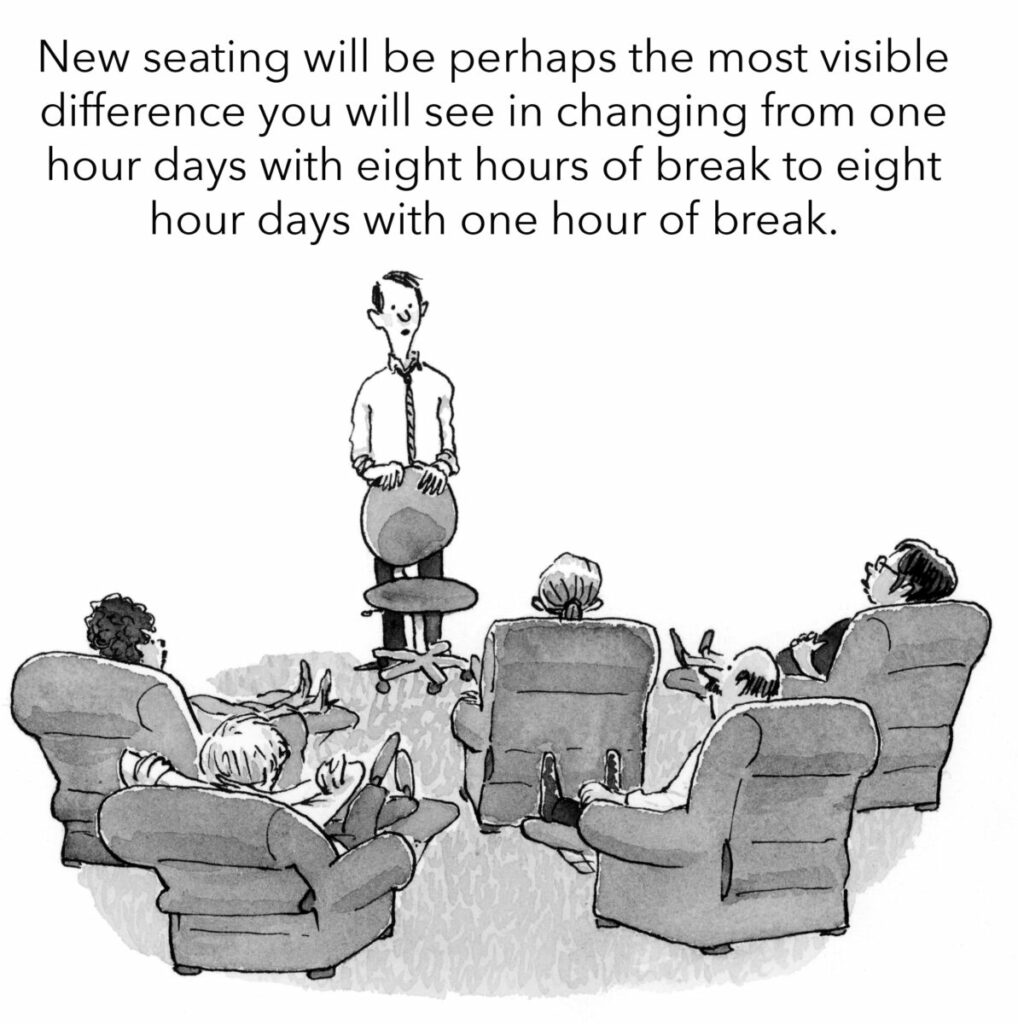There is power in acknowledging pain, fear, and loss.
Are you tapping into that power?
Most of us overlook speaking to loss when we think about cultivating our leadership skills. Few of us relish the idea of looking another person squarely in the eye and attempting to put words to their pain. Bosses and politicians are not trained to do it. We seldom go out of our way to practice speaking to loss.
But progress on our most important challenges requires it.
Energize Others to Do Tough Work: Acknowledge Their Fears and Potential Losses
Done skillfully, speak to loss is an energizing leadership behavior. If you want to move another faction off the status quo and into a productive zone of work, naming what they stand to lose if your change effort is successful allows them to feel seen and valued. Who knows? Your active compassion may even generate hope and fire them up to release their fears and exercise leadership themselves.

Strange as it seems, acknowledging loss is a way of mobilizing others to do tough, adaptive work.
Think about a meeting you’ve been in, or maybe just an informal conversation where you know there is something people aren’t talking about. The tension of the unspoken fears about loss is palpable! Then, finally, someone names the elephant.
Yes, maybe the heat went up and people got uncomfortable. But wasn’t there also a rush of relief? (Someone just named the unnamable! Now we can deal with it!) In situations like these, especially if you’ve got a team that knows how to manage heat, truth-telling increases trust and opens the door to a deeper sense of collective purpose.
In most cases, when someone effectively speaks to loss, groups get more productive.
No Pity: Practice Active Compassion
Learning the distinctions between sympathy, empathy and compassion is good pre-work for practicing speak to loss. Sympathy is feeling sorry for another’s pain. Speaking to loss from a place of pity will not energize. Empathy, on the other hand, allows us to “feel with” the other person, to stand in their shoes. Empathizing with people who fear loss as a result of change (even if you feel 100% confident that their upsides outweigh the down) is great preparation for speaking to that loss.
But empathy alone may distract you from the work, may even cause you to burn out. Compassion pairs empathy with a calm, non-triggered mind.
In their book Compassionate Conversations: How to Speak and Listen from the Heart, Hamilton, Wilson and Loh describe the important difference between empathy and compassion: “Compassion feels the pain of others, but unlike empathy, there is no distress signal in the brain. Because of this difference, compassion can actually preserve and reinforce the calmness of the mind. And in this way, compassion is a renewable resource. … Compassionate activity is energizing and contributes to the transformation of many difficult situations, even the most intractable conflicts.
“Our current challenges,” they continue, “present a golden opportunity to expand our hearts and strengthen compassion. Because of the available energy of compassion, it increases our courage for acting in the world rather than withdrawing and becoming depressed, despondent, or cynical.”
Practice Compassion Out Loud and Everywhere
This is one leadership behavior that you can practice anywhere even if you aren’t working on a big, hairy challenge at the moment. Compassionately speaking to loss is a life skill that’s useful everywhere you go.
So, look for opportunities to engage other people with empathy and compassion. Listen as actively and deeply as you can. Practice respectfully and compassionately addressing their loss out loud. As you get confident enough to bring this skill to bear on your most important challenges, check out pages 135 and 138 in Your Leadership Edge for ideas about how and when to speak to loss.
Notice what happens in your relationships when you are more intentionally and actively compassionate.
Don’t Fake Compassion
You can’t fake speaking to loss. You can make all the “good listener” moves. You can make all the correct-sounding words, but if your compassion is not authentic, people will know it. They will see through you. Words will not energize unless your heart is authentically behind them.


